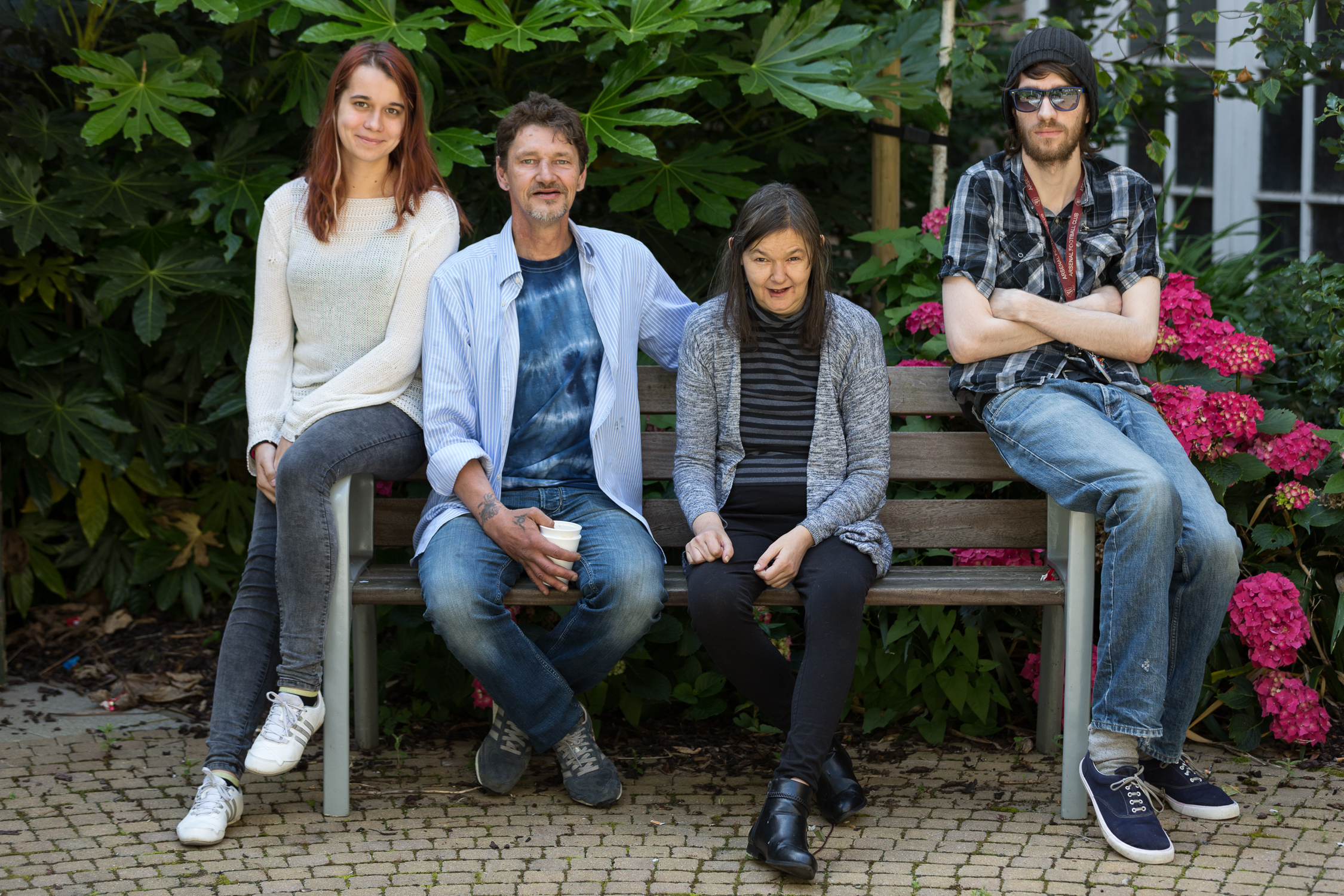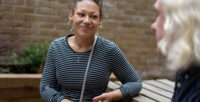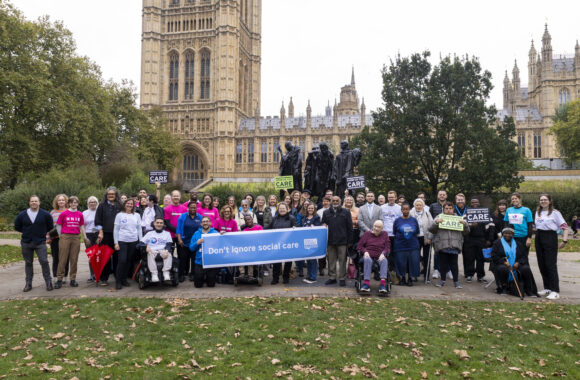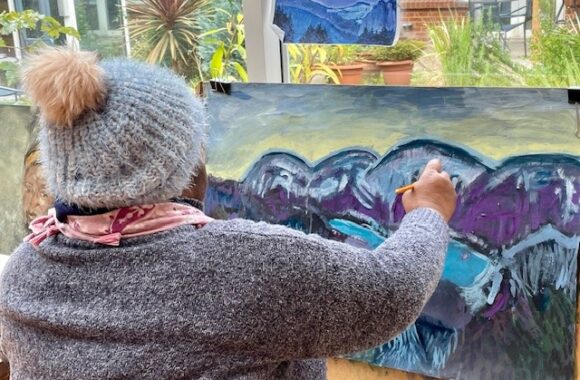
The gardening project at Hopkinson House has allowed customers to view the service as their home as opposed to a temporary address
For many individuals experiencing the cyclical nature of homelessness, breaking the cycle can feel like an unattainable goal. Essential in assisting service users on their road to recovery is understanding the link between the individual and their environment. By environment, we are not speaking exclusively of a physical environment; these could be familial, social, or financial to name a few. One of the ways this could be achieved in through the creation of a Psychologically Informed Environment.
A Psychologically Informed Environment (PIE), “is one that takes into account the psychological makeup – the thinking, emotions, personalities and past experience – of its participants in the way that it operates”.[1] In order to achieve this, services must operate by four core values; understanding, empathy, inclusion, and co-production.
Following the principles of ‘community empowerment,’ the horticultural programme at Hopkinson House allows residents to actively take part in all aspects of the garden restoration.
At the hostel I run, Hopkinson House, we have been working towards becoming a PIE service for over a year. Creating this environment, involves changing the ethos and culture. This is a very slow process, which at times can feel never-ending. For the purpose of this article, we will be concentrating exclusively on the introduction of horticultural therapy at Hopkinson House and how co-produced projects can empower clients.
Following the principles of ‘community empowerment,’ the horticultural programme at Hopkinson House allows residents to actively take part in all aspects of the garden restoration. Together with the organisation Thrive, our residents help in the designing of the space (through researching the plants and flowers best suited to the area), weeding and planting, as well as the maintenance of the garden. Feedback from the individuals who have taken part in the horticultural programme to date, said they feel that the gardening project has allowed them to view Hopkinson House as their home as opposed to a temporary address. Others stated that working in the garden instills a sense of purpose and meaning in the time they spend. While the programme is in its infancy, we can already see the positive impacts it is having on residents at Hopkinson House. We believe this is not only down to the beautification of the space but more importantly the co-produced nature of this transformation.
As stated in the Care Act 2014, co-production is when groups come together and influence the way services are designed and delivered. The by-product of co-produced activities is residents and service users feeling empowered by their participation. This plays a large role in dismantling the distinction between staff and client; the word ‘we’ is now used, not ‘they.’
While we currently lack the measurable outcomes to categorically prove the positive effects such co-produced projects generate; we truly believe projects and activities delivered in this way have positive knock on effects. Things like decreasing challenging behaviour and substance use, as well as increases in medical appointment attendance. Hopefully in time, we will be able to say with certainty that empowerment through co-production and inclusion can play a large role in breaking the cyclical nature of homelessness.
[1] Robin Johnson, co-author of “Psychologically Informed Services for Homeless People –Good practice guide” 2012 Dept of Communities and Local Gov and developer of http://pielink.net/



